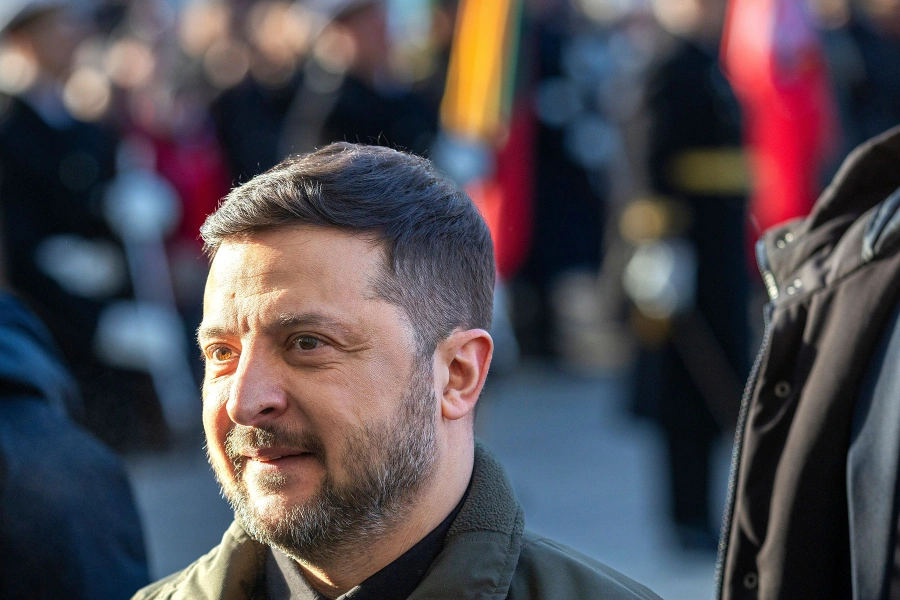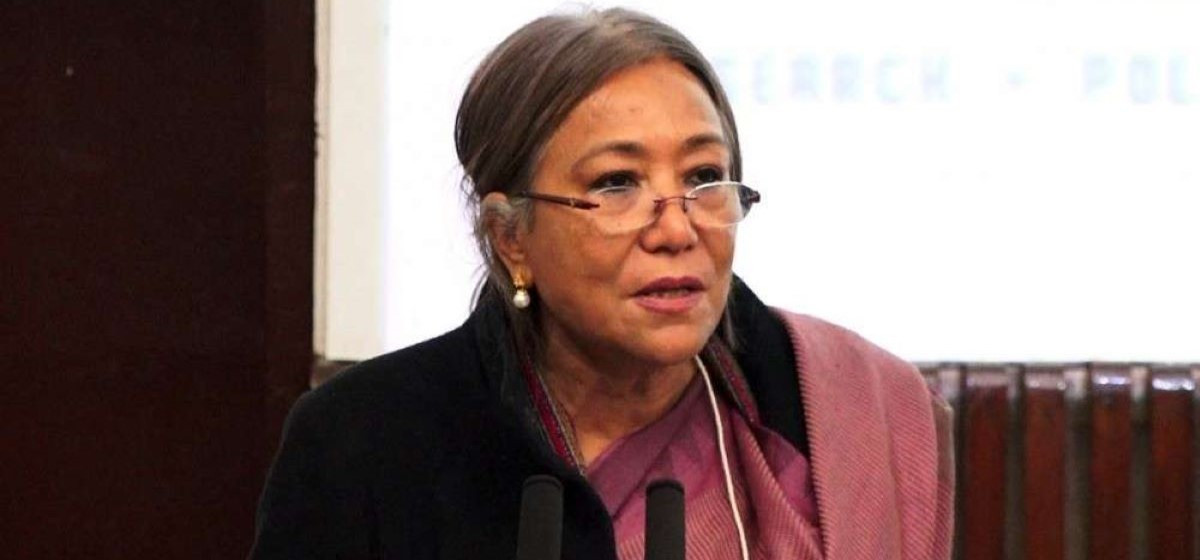If the voices of the victims are ignored and justice process is put on hold like this, Nepal’s TJ process is surely going to attract universal jurisdiction
In the Economist Intelligence Unit’s annual democracy rating index, Nepal is placed at 94th position with 5.18 score (of 10). It categorizes Nepal as a “hybrid regime,” between “flawed democracy” and “authoritarian.” We fall between Uganda (5.20) and Kenya (5.11).
Most recently, four international human rights agencies including Human Rights Watch and TRIAL International stated that Nepal failed to address its past violations and suggested to correct the flawed transitional justice process to address victims’ demand for truth, justice and reparation. The victim alliance in the country has already been challenging institutional impunity.
The warning by the international agencies should be a strong reminder for Nepal to address its internal issue together by building trust with the victims. A majority of victims have an immediate need for livelihood support, health, education etc. They have been receiving assistance by collaborating with local governments in several districts both at formal and informal levels. The federal government can establish a humanitarian support structure to rehumanise the suffering of people through meaningful socialization and localizing transitional justice.
The constitution has promised social justice and reparations for victims. It has also granted investigatory powers to National Human Rights Commission (NHRC). But the government seems to be trying to curtail NHRC’s powers through the bill, while Truth and Reconciliation Commission (TRC) and Commission of Investigation on Enforced Disappeared Persons (CIEDP) reconstitution and appointment of officials remain in limbo. All this while the victims are demanding wider and transparent process in transitional justice and calling for wider consultation with them.
Transitional Justice in Nepal: Justice Delayed, Collective Cons...

But as the government has not paid much attention to such demands, transitional justice issues continue to draw the attention and interest of international community and human rights groups. As a matter of fact, since 2006, successive governments have continuously ignored the victims in the whole process. In the last 13 years, Nepal should have identified the structural causes of conflict, built a sustained peace and structurally transformed social system with victim-centric justice. This did not happen.
It took political parties about a decade to constitute TRC and CIEDP. They dismantled these two bodies this year. The new appointment process has begun but authorities are not yet ready to correct the flaws both in the processes and the transitional justice act (TJA).
As of this writing, both TRC and CIEDP are defunct. The former commissioners were compelled to leave without delivery due to lack of resources, legal mandate, political control, and threats from security officials. They have publicly said that there was no independent working environment for making fair investigation and questioning the top politicians and security heads due to political penetration, threats and visible control. Protection of evidences and security of witnesses and key activists remains a big issue at the moment.
Rather than correcting the past mistakes, the government is adopting the same failed approach to reappoint the commissioners without amending TJ Act and without consulting the victims. If new commissioners are appointed based on their political affiliation, it will be difficult for TJ bodies to find the truth and provide justice. The commissioners will be loyal to their political bosses, security heads and will seek to hide the truth officially.
Sensing this danger, conflict victims have warned the government and political parties against appointing commissioners based on political loyalty. We have called for a clear plan of action, amendment of TJ Act and consultation with domestic and international stakeholders.
The international communities have repeatedly expressed concern over transitional justice processes. But the government of Nepal does not seem to have taken such concerns seriously and responded accordingly. This might make Nepal subject to criticism in international forums. States and agencies continuously raise questions about implementation of UN Human Rights Committee’s views on conflict related crimes (including in case of this author’s father). Question might be raised about Nepal’s proposed candidature in the Human Rights Council and in upcoming Universal Periodic Review. This might affect participation of Nepali security forces in international peace keeping missions and development cooperation.
As a responsible state, Nepal should listen to international partners and local voices to fulfill its duties and meet local and international legal obligation. The government should follow the Supreme Court verdicts on transitional justice norms, implement NHRC’s recommendations and follow the credible transitional justice processes in wider consultation with victims.
If the voices of the victims are ignored and justice process is put on hold like this, Nepal’s TJ process is surely going to attract universal jurisdiction and land in international justice courts. Former rebel leader Pushpa Kamal Dahal and Nepali Congress leader Sher Bahadur Deuba (under whose prime ministership many cases of abuse occurred) must not delay in taking initiatives to resolve transitional justice issues domestically.
If they began with apologizing to the nation for the mistakes of the past, it would mark a good beginning.
rambhandari3000@gmail.com








































